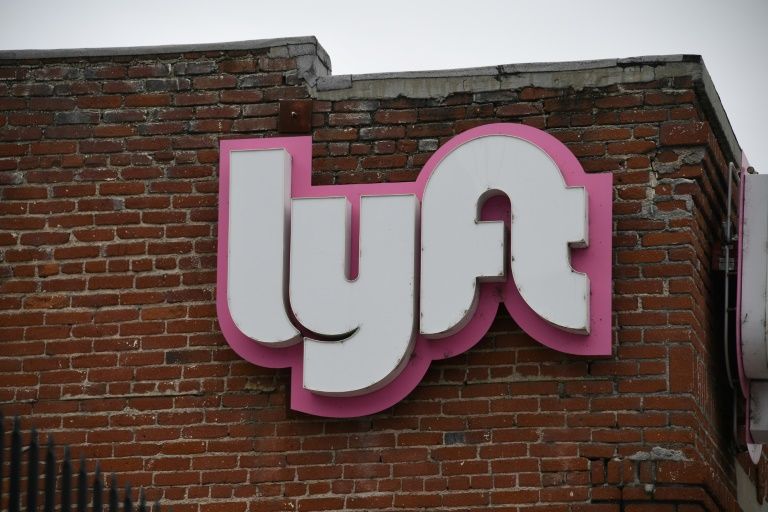Uber rival Lyft to suspend California service
San Francisco (AFP) – Uber rival Lyft said Thursday it will suspend its rideshare service in California rather than classify drivers as employees entitled to benefits under a new law.
Lyft’s move to suspend service by day’s end in the most populous US state marks a new escalation in the years-long battle between authorities and start ups that have changed the way people work and live.
The decision comes as Uber and Lyft awaited a decision from an appeals court that could keep them from having to classify drivers as employees instead of independent contractors by Friday.
“This change would… necessitate an overhaul of the entire business model – it’s not a switch that can be flipped overnight,” Lyft said in a blog post.
Uber has said it expects to suspend ride service in California if an appeals court does not put a hold on the order to comply with the law.
A suit filed by California attorney general Xavier Becerra and three cities, including San Francisco, calls on the two rideshare companies to comply with the law requiring “gig workers” be made employees who are eligible for unemployment, medical and other benefits.
– ‘Shameful’ avoidance of law –
The Teamsters labor group attacked Lyft’s decision, saying: “It’s shameful there are companies that would rather cease operations altogether than abide by labor laws.”
Uber and Lyft could halt California service until after voters decide in November whether to approve a ballot measure sponsored by the companies that would keep drivers classified as contractors but provide benefits such as health care.
Analysts cautioned California regulators against the risk of putting more people out of work as American unemployment has spiked amid the coronavirus pandemic.
“California is trying to do the right thing, but this is the wrong time for it,” said technology analyst Rob Enderle of Enderle Group.
“This is not a time when you want to knock a whole lot of people out of work, which is the danger here.”
Shutting down could also bolster support for the ballot initiative, which would sidestep the challenges of forcing the new law on Uber and Lyft, according to Wedbush analyst Dan Ives.
“In a nutshell, implementation and enforcement of AB5 (the new law) is challenging and a major gut punch to the Gig Economy’s future growth prospects,” Ives said in a note to investors.
A backup plan for Uber would be to pause operations in California, eventually restarting with “a much smaller service, much higher prices” according to chief executive Dara Khosrowshahi.
The threat to its business puts pressure on Uber to move faster toward its vision of dispatching self-driving cars to provide rides on demand, according to analyst Enderle.
Disclaimer: Validity of the above story is for 7 Days from original date of publishing. Source: AFP.


